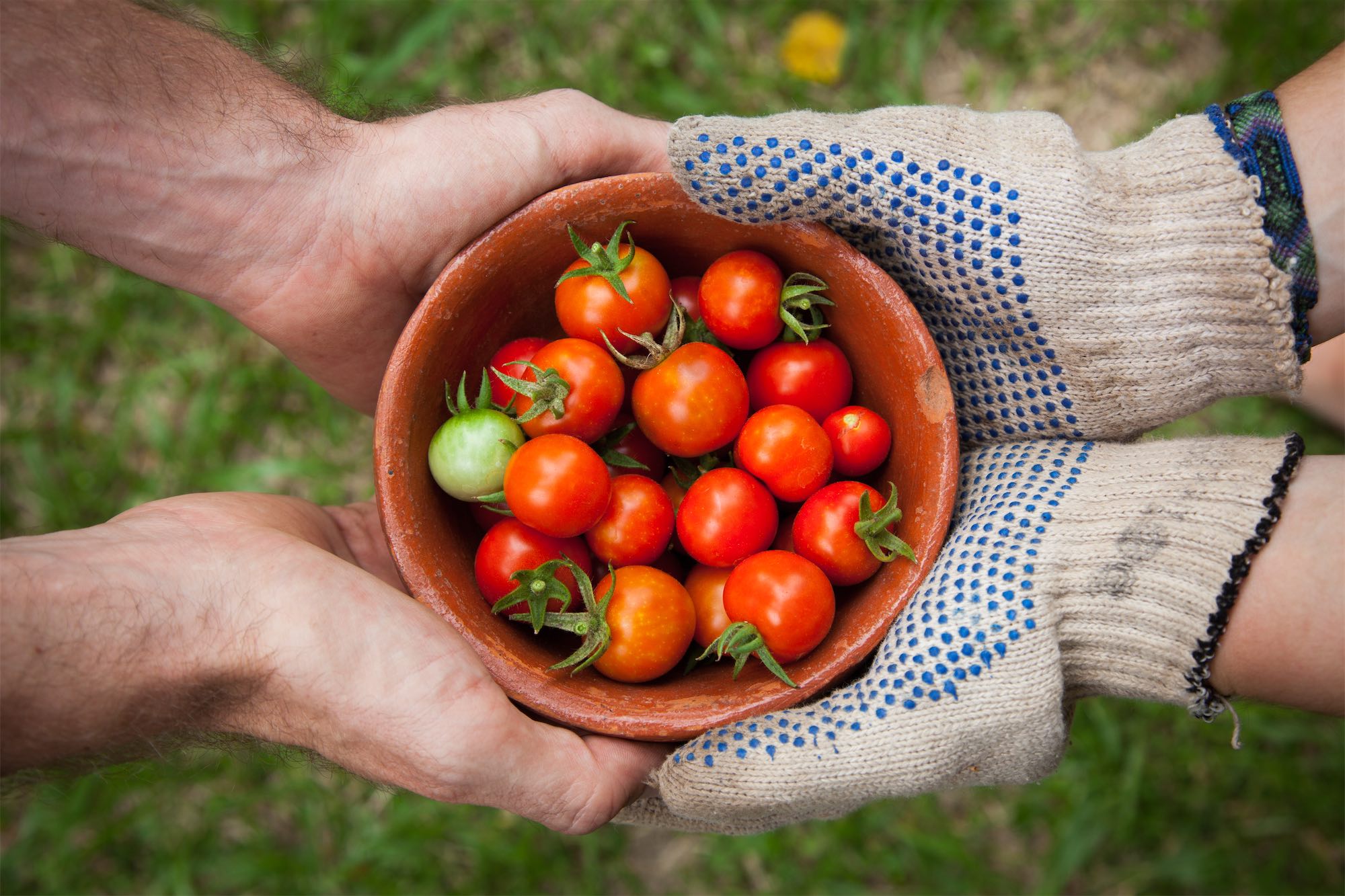Contacting elected officials is the most effective way to use your voice and advocate for those who are hungry in your communities. You can call their office directly, send them an email, or write a letter to the editor for the local newspaper. Choose which one is most comfortable for you (and feel free to do more than one)!
SAMPLE LANGUAGE FOR A LETTER TO THE EDITOR
Letters to the Editor (LTEs) are a great way to educate your neighbors and your elected officials on the face of hunger in our community. Congresspeople read LTEs in their hometown papers before they read the national or local news as a way to get a feel for which issues their constituents care about. Typically, LTEs should be 250 words and you should submit them to your local newspaper, some options are included below. Here is a sample you can adapt to make it sound like you.
While some families are getting ready for summer vacation, others including those with [11.3% of Illinois’ / 9.4% of Iowa’s] children are facing the impossible choice of paying for food, electricity, or gas. During these difficult times, these families often look to food banks and food pantries to help. But these organizations are also struggling as donations decrease and the cost of food increases. Our lawmakers are currently negotiating terms for the 2023 Farm Bill, which funds many of our nation’s nutrition programs, including The Emergency Food Assistance Program (TEFAP), which moves U.S.-grown food from farms to food banks to families.
TEFAP is an essential pipeline for food banks and a boon to the bottom lines of [Illinois / Iowa]’s local farmers. It is a critical helping hand for our children, seniors, veterans and other people facing hunger. Especially after the recent expiration of pandemic-era emergency food benefits, [Illinois / Iowa] needs [Sen. Durbin and Duckworth / Sens. Grassley and Ernst] / Rep. NAME] to bolster TEFAP and other federal nutrition programs, like the Supplemental Nutrition Assistance Program (SNAP), in the 2023 Farm Bill.
Here are some local papers in River Bend Food Bank’s service area, as well as the Senators and Representatives that are most likely to read each paper.
ILLINOIS
Rockford Register Star
Email letters to opinions@rrstar.com
Guidelines
Rep. LaHood
(Springfield) State Journal Register
Email letters to letters@sj-r.com
Guidelines
Rep. Miller
(Quad Cities) Dispatch Argus
Submit online
Sen. Durbin, Sen. Duckworth, Rep. Sorensen
(Quincy) Herald-Whig
Submit online
Rep. Miller
IOWA
(Dubuque) Telegraph Herald
Submit online
Rep. Hinson
(Quad Cities) QC Times
Submit online
Sen. Grassley, Sen. Ernst, Rep. Miller-Meeks
SAMPLE LANGUAGE FOR A CALL TO CONGRESS
You can also find the direct lines to your Senators’ and/or Representative’s offices on the MyReps website.
I’m calling to request that the [Senator / Representative] works to pass a strong, bipartisan Farm Bill that supports farmers and families. [11.3% of Illinois’ / 9.4% of Iowa’s] children live in families facing the impossible choice of paying for food, electricity, or gas. The Farm Bill funds many of our nation’s nutrition programs, including The Emergency Food Assistance Program (TEFAP), which moves U.S.-grown food from farms to food banks to families and the Supplemental Nutrition Assistance Program (SNAP). I’m asking the [Senator / Representative] to work to increase funding for these vital programs and work to streamline eligibility and enrollment processes so families don’t go hungry because of red tape.
SAMPLE LANGUAGE FOR A LETTER TO CONGRESS
Dear [Sen. or Rep. LAST NAME],
As a constituent and concerned [Illinoian / Iowan], I’m writing about the issue of hunger in our state. Currently, [1.2M Illinoisians facing hunger, including 11.3% of our children / 238,290 Iowans, including 9.4% of our children] are facing hunger. That’s too many people, and it’s a problem that we need to address.
Congress is currently negotiating the 2023 Farm Bill, which will fund two federal programs that are essential to fighting hunger in [Illinois / Iowa]: the Emergency Food Assistance Program (TEFAP) and the Supplemental Nutrition Assistance Program (SNAP). TEFAP provides food to food banks and other hunger relief organizations, and SNAP provides food assistance to low-income families.
I’m asking you to work with your colleagues to pass a strong, bipartisan Farm Bill that supports farmers and families. In particular, I urge you to:
Increase mandatory funding for TEFAP by $250 million per year. This will ensure that there is enough food available to meet the needs of Iowans facing hunger.
Authorize $200 million per year for TEFAP storage and distribution funds and $15 million per year for TEFAP infrastructure grants. This will help to ensure that food is distributed efficiently and safely.
Increase SNAP’s purchasing power by basing benefits on the Low-Cost Food Plan (rather than the Thrifty Food Plan). This will ensure that SNAP benefits are more sufficient to meet the needs of low-income families.
Streamline eligibility and enrollment for SNAP by improving and simplifying applications, making telephonic signatures a national option, and reducing the number of in-person visits required to authorize programs. This will make it easier for low-income families to access the benefits they need.
Thank you for your attention to this important issue facing our community.
Sincerely,
[Your Name]






